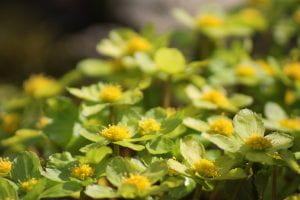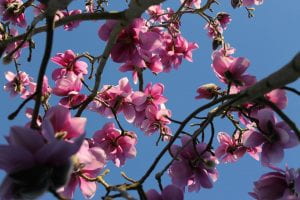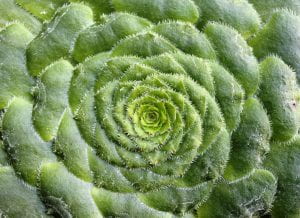By Andy Winfield
 After winter, the ground slowly wakes up in increments; snowdrops and hellebores in January, crocus in February. By March we’re looking up at magnolias and cherries, down at daffodils and forward to longer days and warmer temperatures. The old spring favourites quicken our heartbeat, but I’m going to talk about an understated gem at the Botanic Garden. This is a plant that I look forward to seeing every year; you could easily walk its path without noticing, as it produces flower low to the ground while everyone is looking elsewhere. One of those plants that when you’ve seen it one year you look out for it again, until it becomes like greeting an old friend who always seems happy to see you. (more…)
After winter, the ground slowly wakes up in increments; snowdrops and hellebores in January, crocus in February. By March we’re looking up at magnolias and cherries, down at daffodils and forward to longer days and warmer temperatures. The old spring favourites quicken our heartbeat, but I’m going to talk about an understated gem at the Botanic Garden. This is a plant that I look forward to seeing every year; you could easily walk its path without noticing, as it produces flower low to the ground while everyone is looking elsewhere. One of those plants that when you’ve seen it one year you look out for it again, until it becomes like greeting an old friend who always seems happy to see you. (more…)



